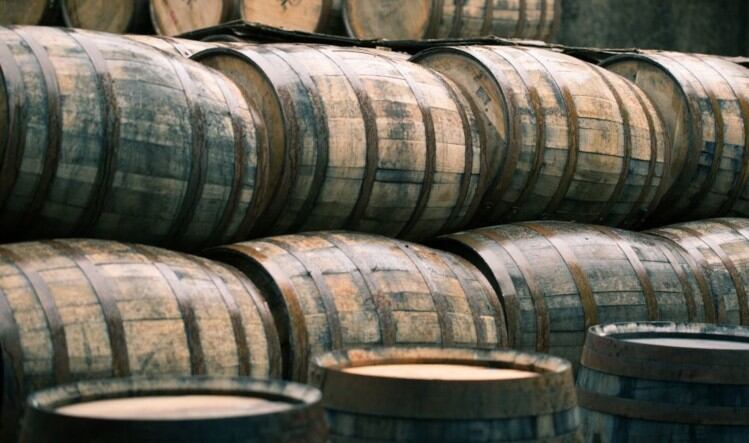English whisky dates back to at least the 17th century, but dried up when the last producer closed its distillery doors back in the early 1900s. The English whisky drought ended 100 years later when a Cornish distiller decided to revive the craft.
Inspired by the success of the London and Scotland gin trails, the WSTA has drawn a map that shows the rapid spread of whisky makers in England and Wales.
WSTA chief executive Miles Beale said: “The UK spirits industry is real success story. Britain now boasts 315 [all-spirits] distilleries – more than double the number that were operating across the country five years ago.
“We can safely say the growing number of distilleries is no flash in the pan, as we have seen a wave of exciting new Welsh and English distillery projects.”
Tourism boost
Beale added: “It is fantastic to see a growing number of English and Welsh distillers now creating quality, award-winning whiskies, as well as gins, and increasing their sales both home and abroad.
“In addition to bringing investment and jobs to the UK’s towns and the countryside it also helps to boost tourism and promotes the British food and drink brand around the world.”
The WSTA English and Welsh whisky trail hopes to inspire consumers to learn more about our fantastic home-grown drinks industry and bring a boost to the UK’s drinks tourism.
Each stop on the map gives details of the whisky makers and which are open to the public for tours, and also encourages tourists to explore the English and Welsh countryside.
England and Wales, unlike Scotland or Ireland, are not renowned for whisky production. In the late 19th century there were at least four whisky distilleries in operation – Lea Valley Distillery in London; Bristol Distillery; and Bank Hall and Vauxhall distilleries, both in Liverpool.
English and Welsh revival
In around 1905, the last of these distilleries still in operation, Lea Valley Distillery, closed its doors. The success of Scotch, north of the border, saw larger companies focus their attention on Scottish whisky, mothballing distilleries in England and moving production to Scotland. Production of single malt whisky in England ceased until 2003.
However, today, there are at least 19 distilleries across England and Wales producing whisky.
In England, new-make spirit must be matured for a minimum of three years in wooden casks before it can legally be called ‘whisky’.
Both Scottish and English whisky production is governed by EU regulations, although Scotland has an additional, much tighter layer of control – the Scotch Whisky Regulations.

